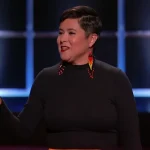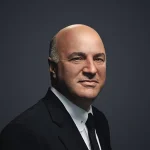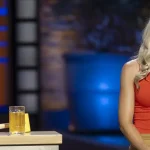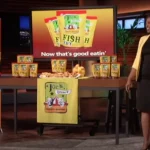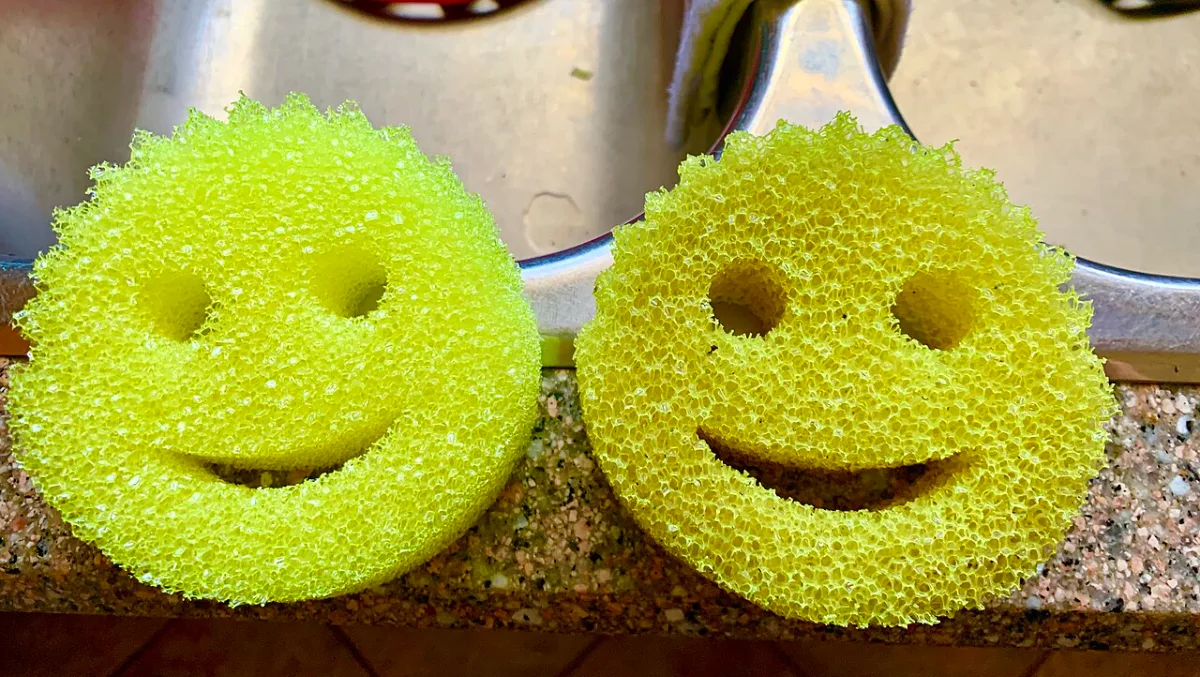
Every season of Shark Tank delivers products that disappear without a trace and others that explode into the public conversation (or on our shelves). The difference has less to do with the product itself and more with the way it’s presented. Viral Shark Tank pitches tap into our psychology, instincts, and mental shortcuts that shape how people respond.
They leave investors entertained, viewers hooked, and social media buzzing. 495 pitches have been made on Shark Tank; deals were struck with 253, while 242 left without one.
Viral Pitches from Shark Tank
Even without an offer from the Sharks, the national spotlight can ignite buzz and attract loyal customers (or even investors if you are lucky). Some pitches caught fire because they were clever and convincing, while others went viral for stumbling in the spotlight.
Here are some of the viral Shark Tank pitches, and the psychology behind them.
Copa Di Vino
Copa Di Vino appeared two times on Shark Tank, first in Shark Tank Season 2, Episode 1, and later in an update segment, Shark Tank Season 3, Episode 11. Both times, founder James Martin walked away without a deal, leaving the Sharks stunned.
Quick Facts
- Founder: James Martin
- Product: Premium wine by the glass
- Investment Asked (in first appearance): $600,000 for 20% equity
- Investment Asked (in second appearance): $300,000 for 5% equity
- Deal Status: No Deal
When James Martin first brought Copa Di Vino to the Tank, Kevin O’Leary showed interest. But Martin ended up turning him down, as he wanted to keep more of his company.
By the time he came back for the second time, Copa Di Vino was already a hit. Several Sharks wanted in, but things got heated fast, as Mark Cuban and Robert Herjavec did not hold back on their displeasure with the founder, James Martin.
The drama didn’t hurt the brand. On the contrary, it made it more memorable. Copa Di Vino went on to sell in Walmart and 7-Eleven and was eventually acquired by Splash Beverage Group Inc.
This is one of the very few businesses that appeared twice on the show. To sprinkle salt on that sauce, James refused to take a deal from the Sharks both times. The psychology of playing bold and hard to get sets this pitch apart. Who forgets some on-screen drama and tension after all?
The Squatty Potty
Bobby Edwards and his mom, Judy, stepped into the Tank in Shark Tank Season 6, Episode 9. They pitched their bathroom stool on Shark Tank, and turned what could have been an awkward bathroom product pitch into one of the show’s most entertaining moments.
Quick Facts
- Founders: Bobby Edwards and Judy Edwards
- Product: Toilet stools
- Investment Asked: $350,000 for 5% equity
- Deal Status: Deal secured with Lori Greiner
- Deal Outcome $350,000 for 10% equity
Bobby and Judy’s aura of confidence and humor caught the Sharks’ attention, and Lori Greiner decided to invest. From there, the brand quickly took off.
Sales spiked almost immediately after the episode aired and kept climbing, eventually passing the $250 million mark. Creative marketing and viral videos kept the momentum going, turning Squatty Potty into one of Shark Tank’s most recognizable success stories.
This pitch turned an uncomfortable subject into something funny and relatable. The tenderness of a mother-son led business further fueled their pitch’s confidence and playfulness.
Scrub Daddy
In Shark Tank Season 4 Episode 7, Aaron Krause didn’t overcomplicate his pitch and made an infomercial out of it.
Quick Facts
- Founder: Aaron Krause
- Product: Multi-use cleaning sponge
- Investment Asked: $100,000 for 10% equity
- Deal Status: Deal secured with Lori Greiner
- Deal Outcome: $200,000 for 20% equity
Aaron pulled out a smiley-faced sponge, ran it under warm and cold water, and showed how it switched from soft to firm. Then he scrubbed without leaving a scratch.
The pitch was memorable because Aaron Krause kept it simple, fun, to the point, and informative. The quick demo made it easy to understand why the product could sell.
Lori Greiner jumped in with a $200,000 deal for 20% of the company, and that partnership turned Scrub Daddy into a household name.
Years later, the company has pulled in hundreds of millions in sales and built a playful social media presence. All of this cements it in the spotlight as one of Shark Tank’s biggest wins (if not the biggest).
DoorBot
When the product appeared in Shark Tank Season 5, Episode 9, the Sharks did not see the potential of this product. But not long after, a far bigger investor recognized its potential.
Quick Facts
- Founder: Jamie Siminof
- Product: Modern doorbell with smartphone connectivity
- Investment Asked: $700,000 for 10% equity
- Deal Status: No deal
DoorBot is a Wi-Fi-enabled doorbell that lets homeowners see and speak to visitors through their phones. The idea didn’t win much enthusiasm on the Tank, unfortunately. Kevin O’Leary did make an offer, but Siminoff turned it down.
The setback proved to be a blessing in disguise for DoorBot. The product gained traction from the Shark Tank effect and attracted major investors. It became a household name, and in 2018, Amazon acquired DoorBot (renamed as Ring) for approximately $1 billion. This pitch is an infamous missed goldmine deal in Shark Tank history.
DoorBot’s pitch stood out because it introduced a smart doorbell years before the idea became mainstream. The Sharks didn’t see the potential at the time, but Amazon and Jeff Bezos did later down the line.
The Lasting Power of Viral Shark Tank Pitches That Outlive the Tank
The founders who won attention knew how to spark curiosity, build trust, and create moments that people want to share.
Whether it’s Scrub Daddy’s clever infomercial-style demo, Squatty Potty’s humor, or Copa Di Vino’s drama and ragebait, these pitches prove that the right mix of story and strategy can turn a business into a phenomenon.
The real takeaway is simple for anyone with a big idea, i.e, a great pitch tells a story people can’t forget.



